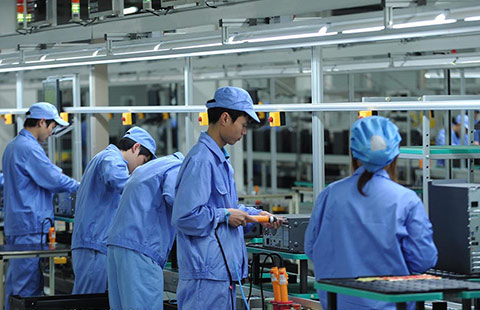Reputation for standards, safety is vital
(China Daily) Updated: 2015-09-23 11:03What are the greatest challenges your company faces in China, and how will you deal with them?
Our greatest challenge is localization and adapting to a challenging business environment that is constantly evolving. Our global strategy in Asia, and China in particular, is cooperation, collaboration, and co-development. In China, this delivery model can be through our wholly foreign-owned entity in Shanghai, through one of our JVs, or through other cooperation models. The delivery model may change depending on the product or service, but our challenge is to minimize the number of models for improved efficiency while maintaining the flexibility required for this market.
Chinese companies have been looking at the US for investment opportunities as they increase their global footprint. What cultural and social issues do they face, and how would you deal with those issues?
The global nuclear power industry has very high standards for quality and safety, and China companies must gain that reputation through continued safe operation of their domestic plants and developing internationally recognized suppliers.
Over the years, there has been a lot of accumulated knowledge, learning and experience in the US, France, and other countries. When nuclear technologies from these countries have been introduced in China, the nuclear safety culture and quality systems have also been introduced. However, it takes times to internalize a robust internationally recognized nuclear program.
- Aerospace, building giant delivers green, tech-focused products
- Efficiency, integration key to progress
- Competitive market forces US to better ourselves
- Policies to address 'drug lag' essential
- Caixin flash PMI hits 78-month low in September
- China against competitive depreciation & currency war: Xi
- China's stock markets in self recovery, adjustment: Xi
- Pu'er city aims to further develop its plateau agriculture

















